Photo
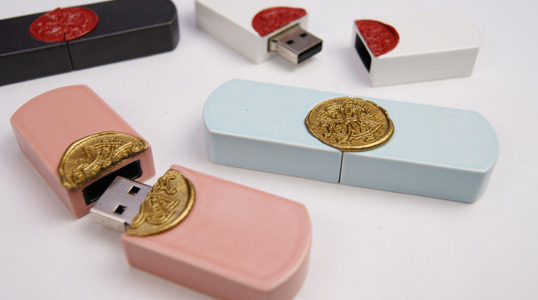
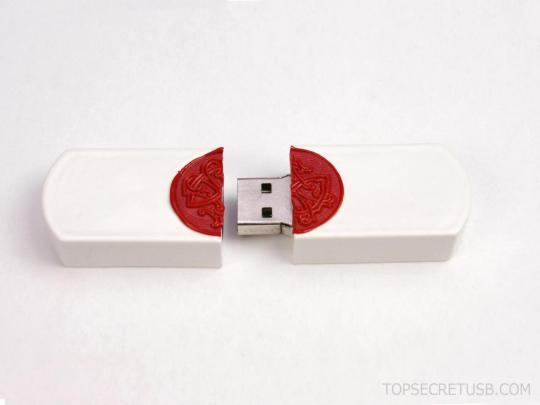
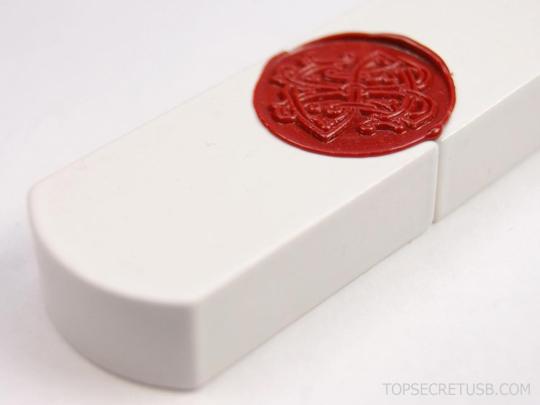

A great idea to connect the future with the past, seal your digital secrets with an old-school wax-sealing. The Top secret usb.
111K notes
·
View notes
Link
#Summary There are many ways to express an “Approximate Number”, and below are some of the most frequently used ways by native Mandarin speakers:
http://bit.ly/2pfJ6in
12 notes
·
View notes
Link
We are strictly talking about the Chinese translations of the English phrase “to pick up”! For example, “to pick up a book”, “…your parents” or “…a little Mandarin”. This is a little less easy in Mandarin, as the word will change depending on the situation.
Let`s take a look: http://bit.ly/2mAEc1m
15 notes
·
View notes
Text
Pokemon in Chinese!
001 Bulbasaur 妙蛙种子 Miàowāzhǒngzǐ
002 Ivysaur 妙蛙草 Miàowācǎo
003 Venusaur 妙蛙花 Miàowāhuā
004 Charmander 小火龙 Xiǎohuǒlóng
005 Charmeleon 火恐龙 Huǒkǒnglóng
006 Charizard 喷火龙 Pēnhuǒlóng
007 Squirtle 杰尼龟 Jiéníguī
008 Wartortle 卡咪龟 Kǎmīguī
009 Blastoise 水箭龟 Shuǐjiànguī
010 Caterpie 绿毛虫 Lǜmáochóng
011 Metapod 铁甲蛹 Tiějiáyǒng
012 Butterfree 巴大蝶 Bādàdié
013 Weedle 独角虫 Dújiǎochóng
014 Kakuna 铁壳蛹 Tiěkéyǒng
015 Beedrill 大针蜂 Dàzhēnfēng
016 Pidgey 波波 Bōbō
017 Pidgeotto 比比鸟 Bǐbǐniǎo
018 Pidgeot 大比鸟 Dàbǐniǎo
019 Rattata 小拉达 Xiǎolādá
020 Raticate 拉达 Lādá
021 Spearow 烈雀 Lièquè
022 Fearow 大嘴雀 Dàzuǐquè
023 Ekans 阿柏蛇 Ābóshé
024 Arbok 阿柏怪 Ābóguài
025 Pikachu 皮卡丘 Píkǎqiū
026 Raichu 雷丘 Léiqiū
027 Sandshrew 穿山鼠 Chuānshānshǔ
028 Sandslash 穿山王 Chuānshānwáng
029 Nidoran♀ 尼多兰 Níduōlán
030 Nidorina 尼多娜 Níduōnà
031 Nidoqueen 尼多后 Níduōhòu
032 Nidoran♂ 尼多朗 Níduōláng
033 Nidorino 尼多力诺 Níduōlìnuò
034 Nidoking 尼多王 Níduōwáng
035 Clefairy 皮皮 Pípí
036 Clefable 皮可西 Píkěsī
037 Vulpix 六尾 Liùwěi
038 Ninetales 九尾 Jiǔwěi
039 Jigglypuff 胖丁 Pàngdīng
040 Wigglytuff 胖可丁 Pàngkēdīng
041 Zubat 超音蝠 Chāoyīnfú
042 Golbat 大嘴蝠 Dàzuǐfú
043 Oddish 走路草 Zǒulùcǎo
044 Gloom 臭臭花 Chòuchòuhuā
045 Vileplume 霸王花 Bàwánghuā
046 Paras 派拉斯 Pàilāsī
047 Parasect 派拉斯特 Pàilāsītè
048 Venonat 毛球 Máoqiú
049 Venomoth 摩鲁蛾 Mólǔ'é
050 Diglett 地鼠 Dìshǔ
98 notes
·
View notes
Photo
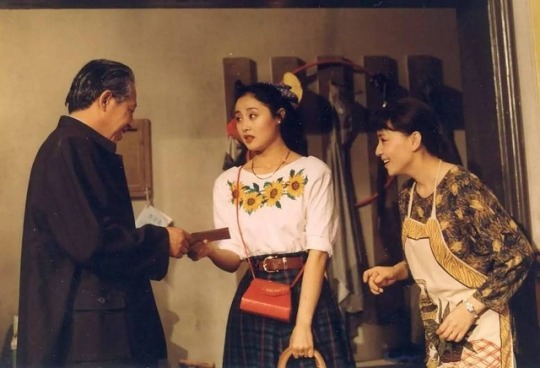
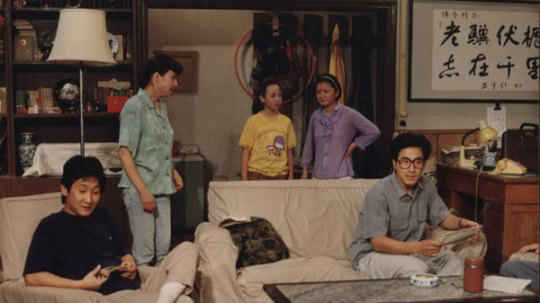
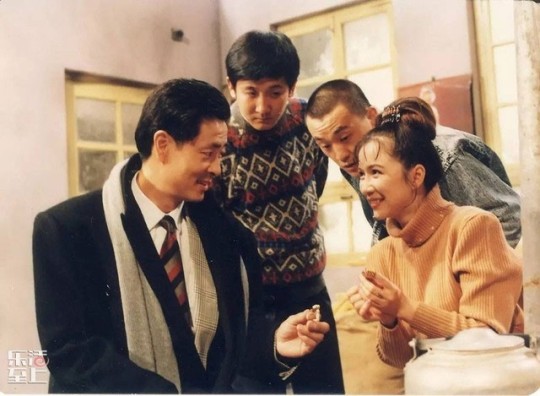
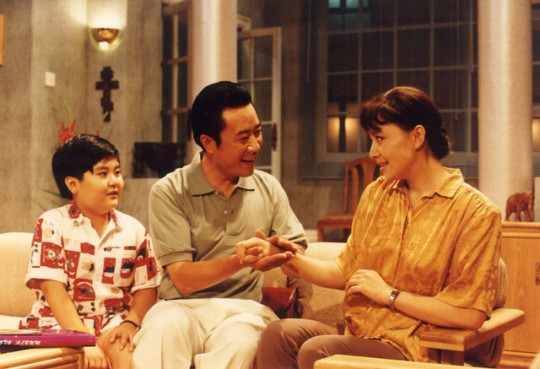
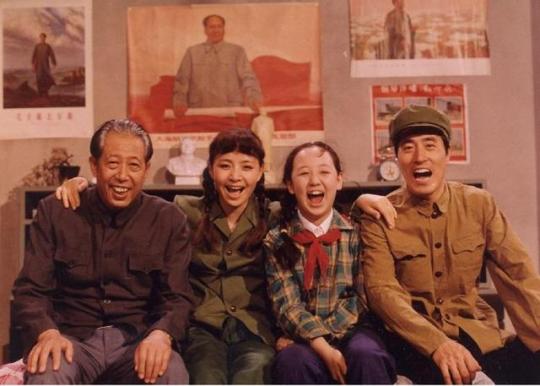
I Love My Family (我爱我家) Dir. Ying Da (英达). 1993 – 1994.
I Love My Family is a 120-episode comedy sitcom about a six-member family in 1990s Beijing and their daily life and interactions with their neighbors and relatives. Known as the first multi-camera and Mandarin-language sitcom, I Love My Family was a watershed creation of director Ying Da’s career.
Starring a veteran grandfather, portrayed by Wen Xingyu (文兴宇); his harrowed elder son, portrayed by Yang Lixing (杨立新); his operatic daughter-in-law from the countryside, portrayed by Song Dandan (宋丹丹); his spendthrift playboy of a younger son, portrayed by Tian Liang (田亮); his daughter studying abroad in the U.S., portrayed by Zhao Mingming (赵明明); and his happy-go-lucky granddaughter who frequently finds herself in trouble at school, portrayed by Guan Ling (关凌). The sitcom follows the temporal misadventures of these characters as they confront familial, educational, workplace, and interpersonal conflicts.
I Love My Family is a commentary on both the transforming intergenerational sociopolitical situation burgeoning in China and the cross-cultural influence of Western thought and ideals. It garnered immediate attention for both is comedic value and its easily identifiable relevance to contemporary Chinese life.
167 notes
·
View notes
Link
A little mid-week blog on my five favourite China and Chinese-based Instagram accounts.
0 notes
Photo
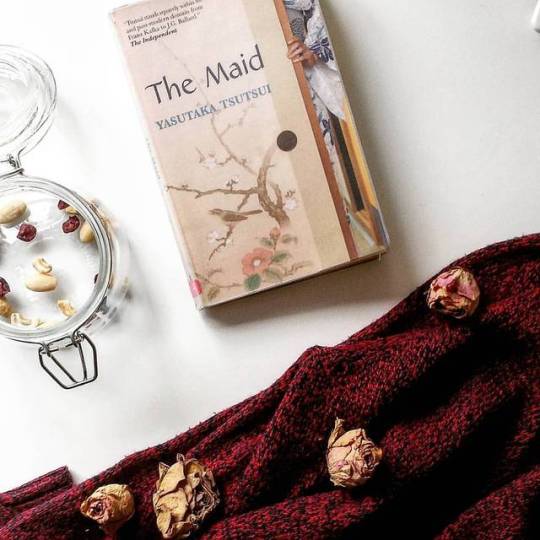
🌹 'The Maid' by Yasutaka Tsutsui follows Nanase, a 18 year-old woman cooking, cleaning and washing for various families in Japan. Except she can read minds. 🌹 My article on online violence in China is still available to read on whatsonweibo.com. 🌹 PANCAKE. DAY. 🌹 Another blog on the perils of HSK 6 coming this week. 🌹 London this week!
0 notes
Text
Chinese ~skin care~ vocabulary

护肤 hùfū - skin care
皮肤 pífū - skin
SKIN TYPES 皮肤类型 [pífū lèixíng]
Normal skin: 中性皮肤 [zhōng xìng pífū]
Dry skin: 干性皮肤 [gān xìng pífū]
Oily skin: 油性皮肤 [yóuxìng pífū]
Combination skin: 混合性皮肤 [hùnhé xìng pífū]
Sensitive skin: 敏感性皮肤 [mǐngǎn xìng pífū]
EFFECT 功效类 [gōngxiào lèi]
Anti-acne: 青春痘(用的) [qīngchūn dòu (yòng de)]
After sun: 日晒后 (用的) [rì shài hòu (yòng de)]
Anti-: 抗、防 [kàng]; [fáng]
Anti-wrinkle: 抗老; 防皱 [kàng lǎo]; [fáng zhòu]
Purifying: 清洁(用的) [qīngjié (yòng de)]
Facial: 脸部(用) [liǎn bù (yòng)]
Hydra: 保湿 [bǎoshī]
Nourishing: 滋养 [zīyǎng]
Oil-control: 抑制油脂 [yìzhì yóuzhi]
Peeling: 敷面落式面膜 [fū miàn luò shì miànmó]
Repairing: 修护 [xiū hù]
Revitalizing: 活化 [huóhuà]
Sun block: 防晒 [fángshài]
Treatment: 修 [xi]
Washing: 洗 [xǐ]
Whitening 美白 [měibái]
SKINCARE ROUTINE 护肤程序 [hùfū chéngxù]
1. CLEANSING 清洁 [qīngjié]
Foam: 泡沫 [pàomò]
Facial cleanser: 洗面奶 [xǐmiànnǎi]
Body wash/shower gel: 沐浴露 [mùyùlù]
2. EXFOLIATION 表皮剥脱 [biǎopí bōtuō]
Scrub: 去角质; 磨砂膏 [qù jiǎozhì]; [móshā gāo]
Peeling: 敷面落式面膜 [fū miàn luò shì miànmó]
3. REFRESHING 恢复肌肤 [huīfù jīfū]
Toner: 爽肤水 [shuǎngfūshuǐ]
Smoothing/balancing toner: 柔肤水 [róufūshuǐ]
Lifting lotion: 紧肤水 [jǐnfū shuǐ]
Essence/serum: 精华液 [jīnghuáyè]
4. MOISTURIZING 保湿 [bǎoshī]
露 [lù] :lotion,霜 [shuāng] :cream
Skin cream: 护肤霜 [hùfūshuāng]
Day cream: 日霜 [rìshuāng]
Night cream: 晚霜 [wǎnshuāng]
Eye gel/cream: 眼霜 [yǎnshuāng]
Lip care: 护唇 [hù chún]
Body lotion 身体乳 [shēntǐrǔ]
Hand lotion: 护手霜 [hùshǒushuāng]
945 notes
·
View notes
Text
Top 5 Chinese Test-Prep Tools
Got a big test coming up next semester? We’ve got your back. Here are some tools you can use to beef up your skills. I use them for Chinese, but you can use them for pretty much any language:
Anki: Anki is a flashcard system that learns as you do. The more familiar you are with a specific card, the less you’ll see it. Anki has a number of plugins designed specifically for Chinese language learners. I strongly recommend this one.
Podcasts: Learn on the go. Two good podcasts are Popup Chinese and Shiny Chinese. Popup is an oldie but goodie. It’s been around for years, so the archives are overflowing with content. Shiny Chinese is newer and offers lessons based around current events. It’s fun if you’re into Chinese news and culture.
Apps: Memrise is a popular and useful app for learning on-the-go. Mixing up your podcast queue with some fun apps is a good way to keep your brain on its toes. Anki has a mobile app, too. The official app for iOS is available on the app store for a fair price, and the unofficial app for Android is available online for free.
Textbooks: Find a good textbook and solid workbook, too. These two resources will be invaluable, but it’ll take discipline to get the most out of them. Make sure that you practice for a few hours daily. Here are two textbooks I recommend. Previous students of mine tell me these two work wonders.
Entertainment: China has a ton of movies and television shows you can watch that will teach you about Chinese culture while also helping you learn the language. Do some Googling to find some that you like. Even better, try to find a show in English with Chinese subtitles. Check out Youku.com. They have a lot of English-language shows with Chinese subtitles.
Oh, and if you don’t have a teacher, get one! There is no better tool than a good instructor!
106 notes
·
View notes
Link
My latest article for What's On Weibo - Research shows China is tackling high levels of online violence, harassment and bullying. How are netizens and the law responding, and are platforms like Weibo becoming a discursive space for issues like gender inequality and harassment?
0 notes
Link
Discussing Chan Koonchung's 2009 novel 'The Fat Years' in 2017. Chan Koonchung is a Shanghai-born writer who has lived in Taiwan, Hong Kong and the United States. His book 'The Fat Years' was never officially published in China, however it was widely circulated online and by underground publishers.
1 note
·
View note
Photo

There’s a London company that’s hiring an emoji translator. Only a human can truly grasp all the subtle differences of the tiny images…
Because of stuff like this:
Waving hand - You might think this emoji is waving hello or goodbye, but in China it means “bye, you’re not my friend any more,” like a middle finger in Europe.
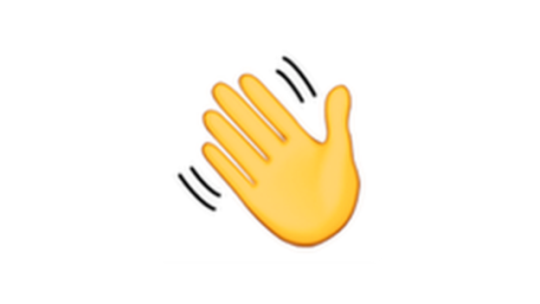
Poo - In Japan, the words for “poo” and “luck” sound similar, so it’s tradition to send your friends a funny “poo” message before an exam or job interview. Now that the symbols are global, some people use the poo because it’s adorable, while others use it to indicate something is crap.
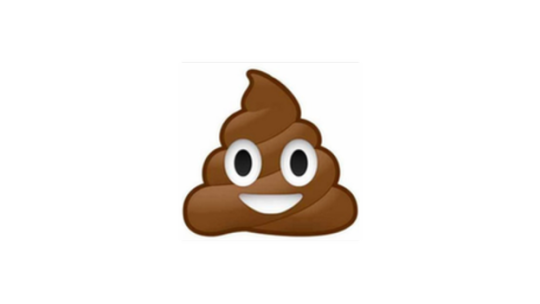
Red heart - French speakers use more heart emojis than any other language group, bumping even smiley faces off the top spot.

Dancing women - These were originally Playboy bunnies, but they have evolved to mean having fun with friends.
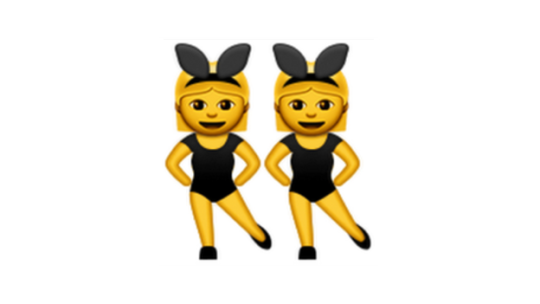
Tears of joy - The most commonly used emoji on the planet, this was the Oxford English Dictionary’s word of the year for 2015. What it means depends on your perspective: It could be a person laughing so much they’re crying. It could be self-deprecating - you’re laughing at yourself for being an idiot. Or it could be a way of laughing at someone else’s expense.

Source
4K notes
·
View notes
Link
Downloaded 'Detention' (返校) on Steam. The game, developed by Red Candle Games, is a point-and-click thriller/horror set during the period of martial law in Taiwan.
0 notes
Link
I was thinking about the most common questions I used to get in the classroom and decided to start a few English-learning posts :)
0 notes
Photo
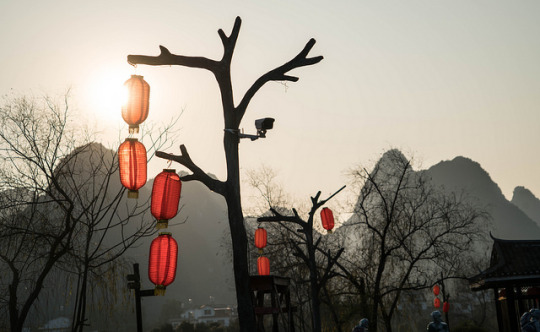
Photo: Guangxi, China, by Chris Goldberg (http://ift.tt/2kJdNNd)
23 notes
·
View notes
Quote
深巷窮門少侶儔,
阮郎唯有夢中留。
香飄羅綺誰家席?
風送歌聲何處樓?
街近鼓鼙喧曉睡,
庭閑鵲語亂春愁。
安能追逐人間事,
萬里身同不繫舟。
阮郎唯有夢中留。
香飄羅綺誰家席?
風送歌聲何處樓?
街近鼓鼙喧曉睡,
庭閑鵲語亂春愁。
安能追逐人間事,
萬里身同不繫舟。
Lovers seldom come to this deep alley,
Their spirits have to linger on in dreams.
Whose fragrance of damask is this?
From which tower does this breeze blow the song?
Sounds of drums in the street,
Disturb my morning sleep.
Magpies chirping in the courtyard,
Confuse my spring sorrows.
How can I care
For things of this world?
Ten thousand miles, my life,
Like a boat unmoored.
The Late Spring (暮春即事) by Yu Xuanji (魚玄機). Tang dynasty.
Concubine, nun, and courtesan Yu Xuanji was a Chinese poet of the Tang dynasty distinguished for her direct, autobiographical poetic style. Yu lived a short life abounding with scandal and strife; she had an affair with renowned lyricist Wen Tingyun (温庭筠), lived promiscuously, and allegedly beat her maid to death, for which she was executed. Stories of Yu’s sexual adventures have lead some to credit her as the first well-known openly bisexual woman in China.
Yu’s work was published in a collection entitled Fragments of a Northern Dreamland, which has since been lost. The forty-nine surviving poems were published in a “freak anthology” in the Song dynasty alongside poems attributed to foreigners and ghosts. Yu’s vivid and deeply emotional poetry is reminiscent of the post-Romantic cult of personal expression popular in western poetry.
(via inkjadestudio)
99 notes
·
View notes
Photo
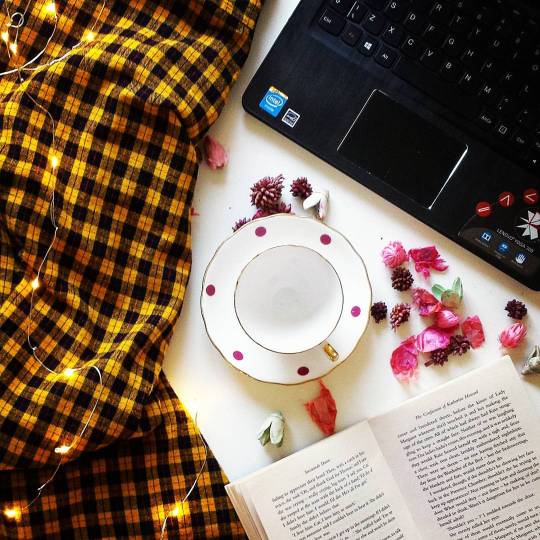
Been stuck on one book for a while now 😥 better power through it tonight. New blog post and articles coming soon though. #whatimreading #reading #books #bookstagram #flowers #teacup #bookstagram #ilovereading #bookblr #bookblog #blog #life #blogger #cosy #booknerd #bookworm #readersofinstagram #goodreads #culturetripbooks #igreads #style #书 #看书 #bookish #fun #instagood #photooftheday
#goodreads#ilovereading#igreads#书#life#bookblog#booknerd#books#style#cosy#reading#bookish#whatimreading#bookworm#teacup#culturetripbooks#blog#fun#看书#photooftheday#flowers#blogger#instagood#readersofinstagram#bookblr#bookstagram
0 notes